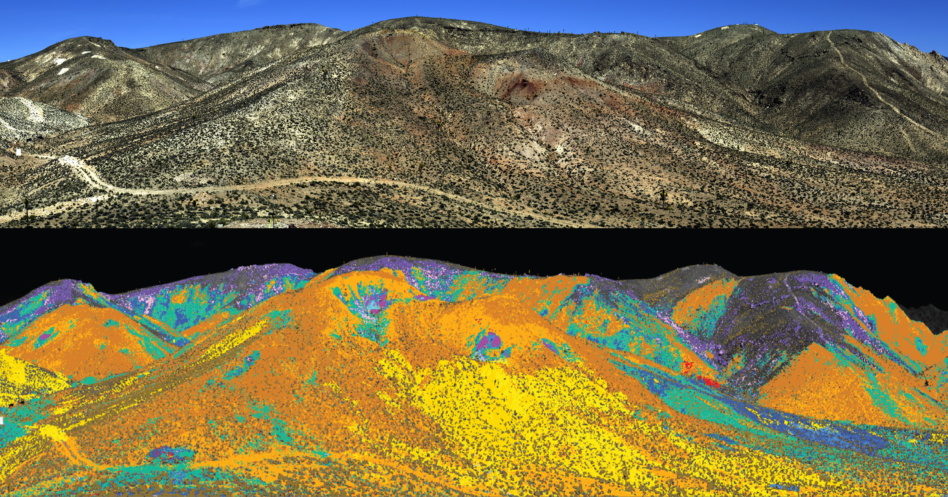The commercial space economy runs on rare Earth minerals, which enable everything from propulsion, to navigation, to radiation protection. While these minerals’ uses can differ, the rare Earths in space today have one thing in common: the vast majority come from China.
Rep. Haley Stevens (D-MI), a member of the House Science, Space and Technology Space Subcommittee, introduced the Unearth America’s Future Act last week to invest in the US critical materials supply chain—and reduce America’s reliance on China.
More details: The bill focuses on three main areas:
- Expanding US production capabilities, including establishing a federal loan program for entities investing in manufacturing equipment for critical minerals.
- Offering a tax credit to those producing critical minerals, or strengthening the supply chain.
- Investing in R&D at academic, nonprofit, and commercial organizations.
Origin story: When Stevens was serving as chief of staff to the auto rescue task force during the Obama administration, she heard a lot about weaknesses in the US supply chain; these discussions especially concerned semiconductor chips and rare Earth minerals—both areas dominated by China.
Stevens helped draft the CHIPS and Science Act, which passed in 2022 to invest in the US semiconductor industry. She wondered if rare Earths could benefit from a similar boost. Hence, the Unearth America’s Future Act was born.
“This has been about a year and a half of work to get this bill that is pro-growth, pro-worker, pro-environment,” she said. “It has a price tag, but it will pay for itself. It’s incredibly necessary [not only] for our made-in-Michigan future, but also our national security and economic opportunity here in the United States of America.”
Don’t call it a messaging bill: The piece of legislation is more than just a starting point, Stevens emphasized. Her goal is to get the Unearth America’s Future Act the same treatment as the CHIPS and Science Act, including a conference committee in the House and Senate that eventually pushes the new act through the finish line as a standalone bill. Still, Stevens said she’s “willing to cut any deal that gets results for Michigan.”
“This is absolutely more than just a conversation-starter,” she said. “This is a piece of legislation I will be talking about until I’m blue in the face, because I believe it is a sound and appropriate way forward.”





